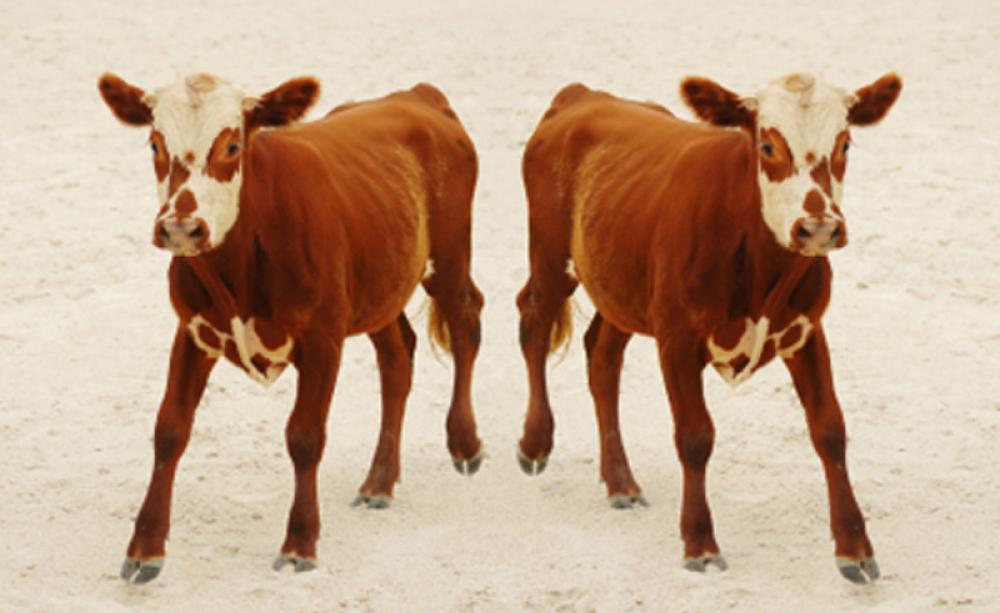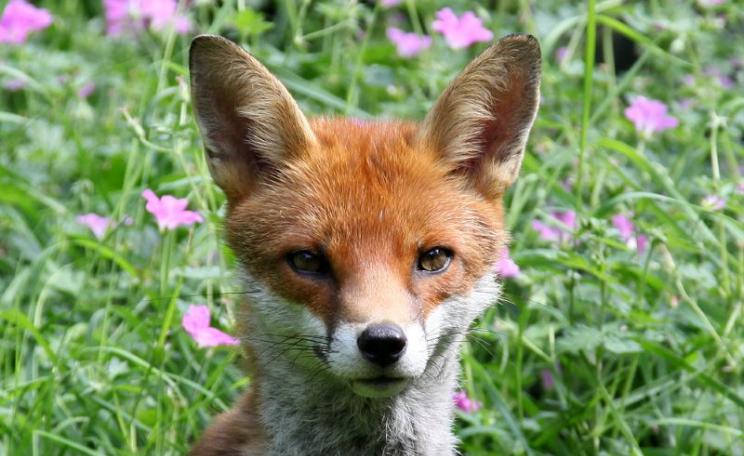European Union agriculture ministers met in Luxembourg this week to approve draft legislation that may see meat and food from cloned animals hitting our tables in the future.
The Novel Foods Regulation would see the process for approval of novel foods – foods 'not used for human consumption to a significant degree' within the European Community before 15 May 1997, including meat, milk and eggs from cloned animals – being centralised and dealt with by the European Food Safety Authority (EFSA).
Applications for novel foods are currently made to individual states, whose food assessment bodies carry out initial safety assessments before sending the applications to other EC states and to the European Commission for comments.
Foods should only be authorised if they did not ‘present a danger for consumers, do not mislead and not nutritionally disadvantageous for them,’ the European Council said in a statement on novel foods. Nevertheless opponents of the move consider it a ‘stepping stone’ towards the blanket approval of cloned animal products.
‘It is deeply worrying that EU governments are keeping options open regarding the possible sale of meat from cloned animals on the European market,’ said UK Green MEP Caroline Lucas. ‘This flies in the face of consumer concerns and a European Parliament vote in favour of an outright ban.’
Despite its approval in draft form, if the Novels Food Regulation is to become law it must get past a second reading by the European Parliament, which supports a ban on all food from cloned animals.
Lucas expressed concern that the production of cloned livestock would result in a reduction in gene pool diversity, already restricted as a result of the current system of industrialised farming. ‘Such variety offers an essential safeguard against epidemics and food scares,’ she warned.
The EFSA itself has identified ‘uncertainties’ when it comes to the risk assessment of cloning, as well as raising concern for the health and welfare of cloned animals, some of which ‘have been found to be adversely affected, often severely and with a fatal outcome’.
Campaign group GM Freeze also condemned the move, saying agricultural ministers were 'jumping the gun' when it came to cloning.
'Ministers are completely out of tune with consumer and expert opinion, not to mention the explicit wishes of the [European] Parliament,' said GM Freeze's Eve Mitchell. 'Cloning animals increases pressure not only on animals, but on a system of farming increasingly seen as unsustainable.
'If ministers will not listen, supermarkets and food producers need to make sure that they abide by the wishes of consumers on this issue and have systems in place to prevent products from clones entering their supply chains.'







